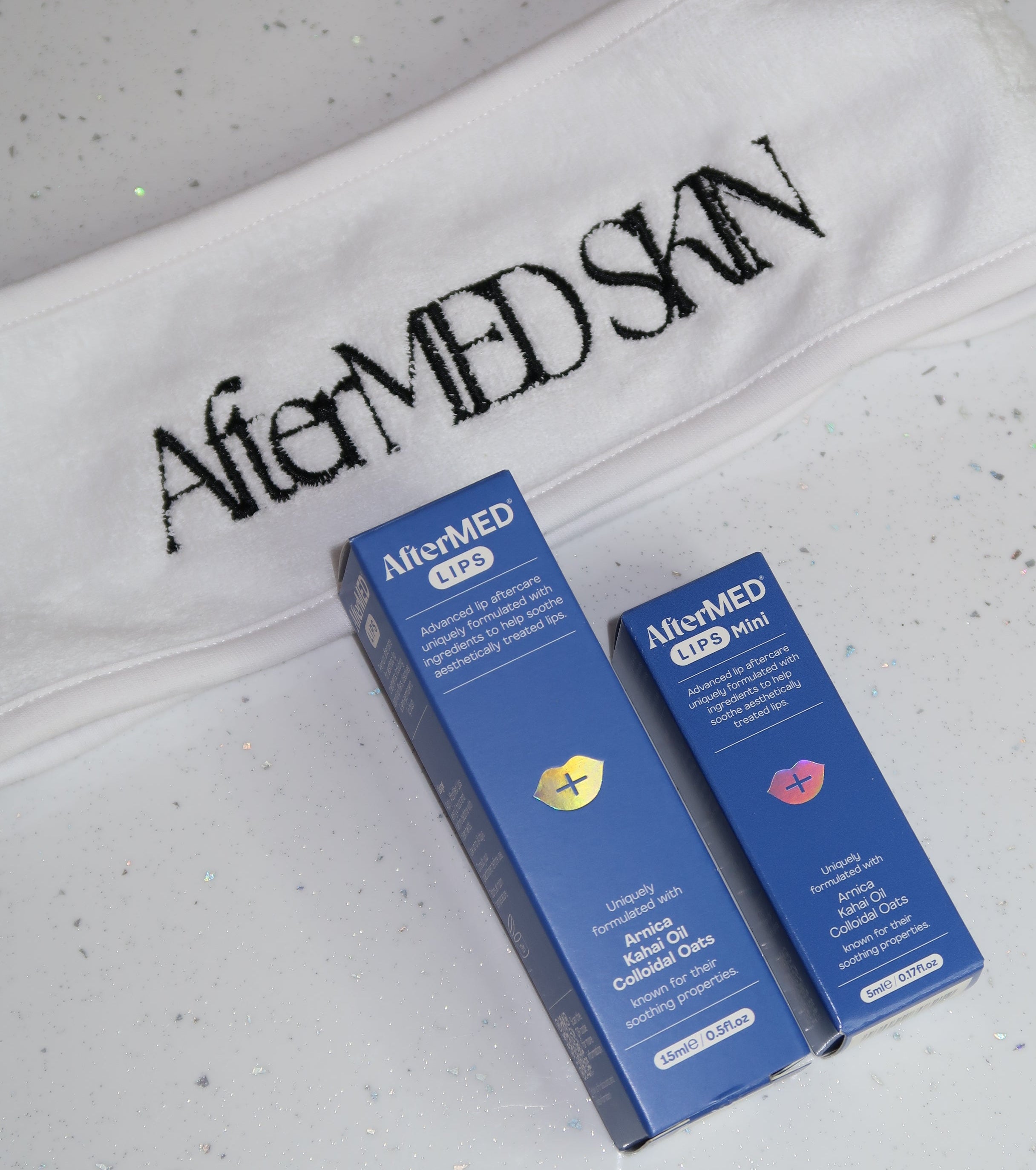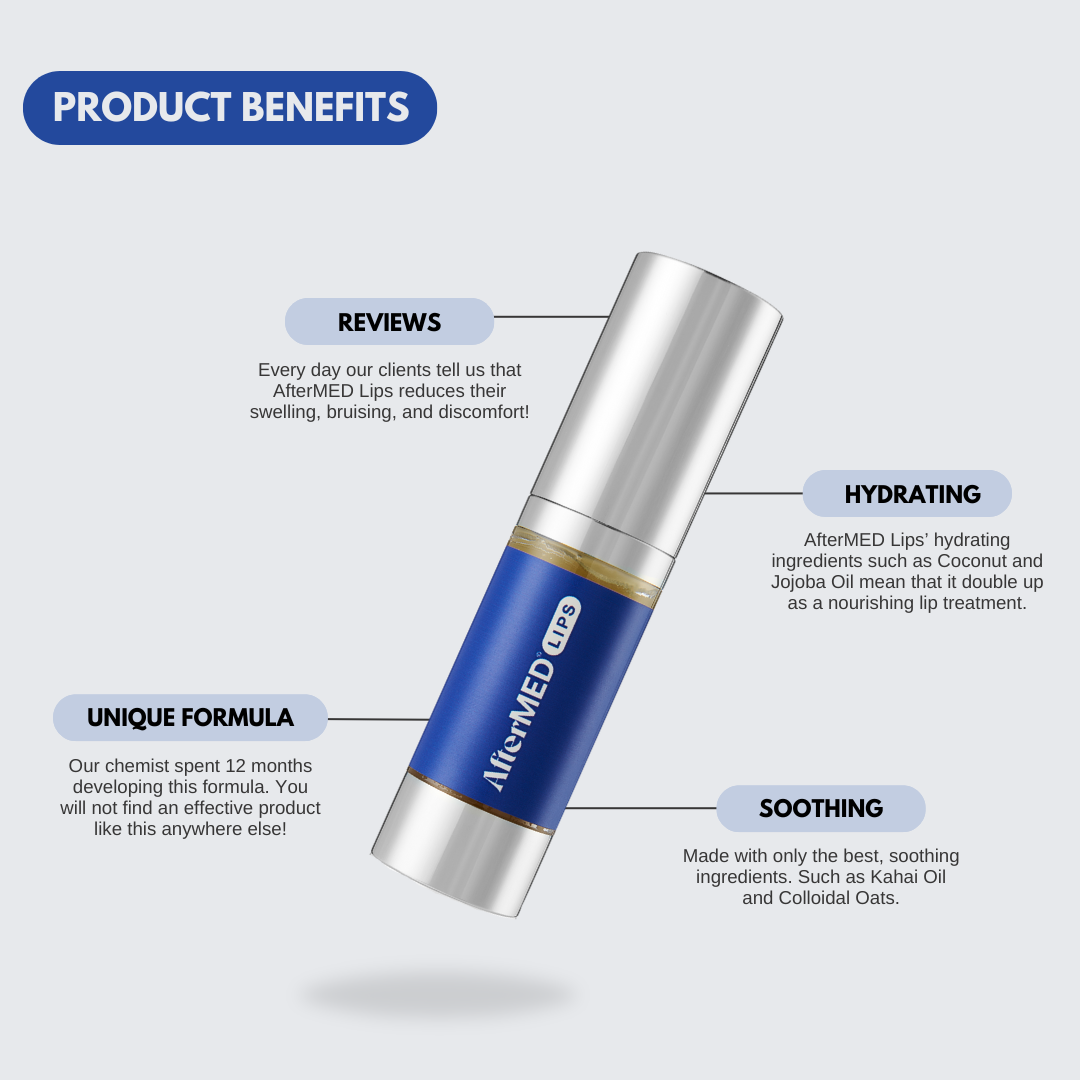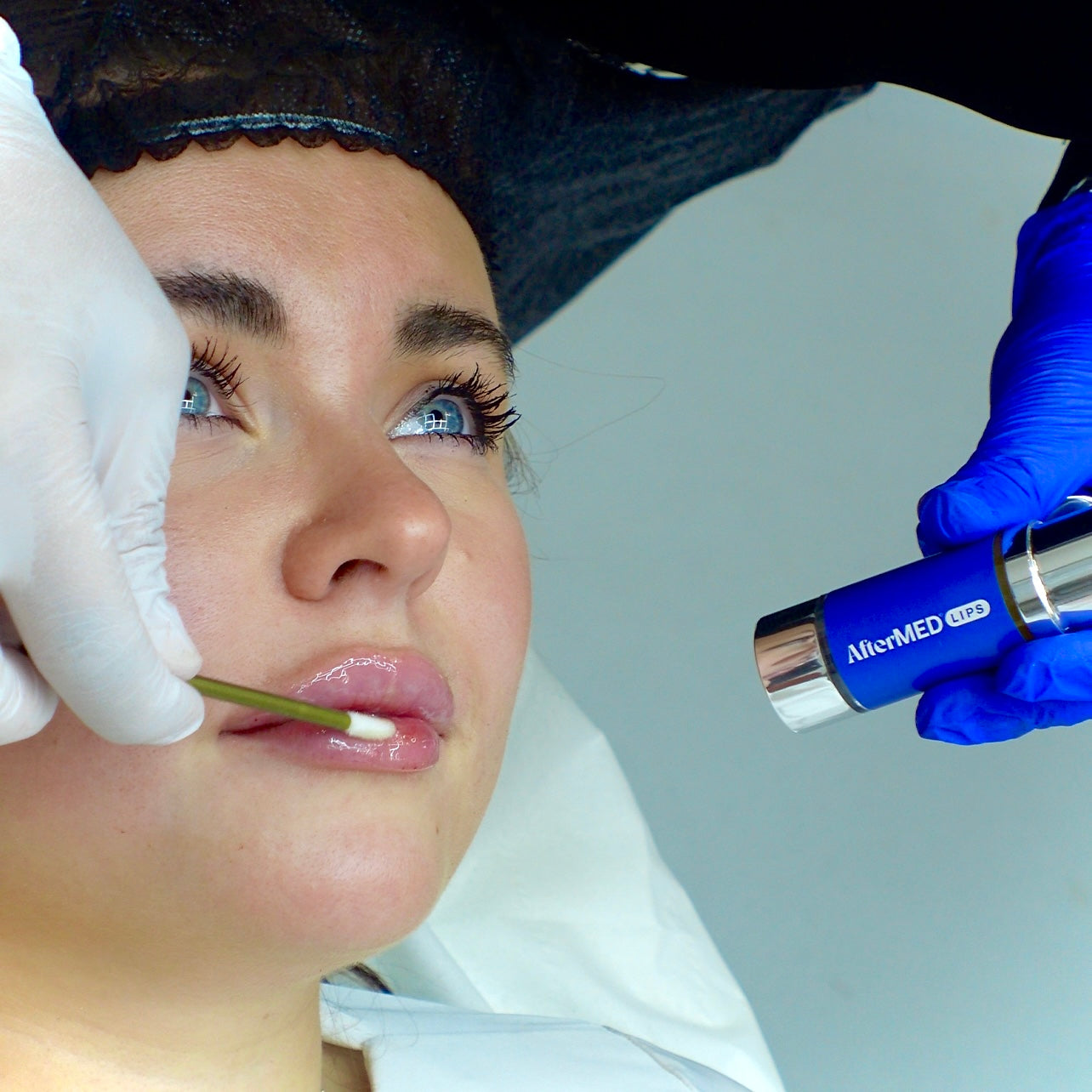
What are the new regulations for aesthetics in Scotland?
Scotland is set to become the first country in the UK to introduce comprehensive legislation regulating non-surgical cosmetic procedures. This move is a response to growing concerns about patient safety and the largely unregulated nature of the aesthetics sector.
What Are the New Regulations?
The forthcoming Non-surgical Cosmetic Procedures Bill aims to ensure that all non-surgical cosmetic treatments—including injectables like Botox and dermal fillers, as well as laser treatments and chemical peels—are performed in registered premises by qualified and regulated practitioners. The Bill will introduce a licensing regime and categorise procedures based on risk, similar to the “traffic light” system previously proposed in England.
Key Features of the Bill
-
Risk-Based Categorisation:
-
Group 1: Low-risk procedures (e.g. Microneedling, Superficial Peels, IPL, Laser Tattoo and Hair Removal) can be performed by trained and licensed non-healthcare professionals in licensed premises.
-
Group 2: Medium-risk procedures (e.g., Mesotherapy, Botox, dermal fillers, medium peels, Radio Frequency, HIFU, Cryolipolysis) require supervision by healthcare professionals.
-
Group 3: High-risk procedures (e.g., PRP, injection Microsclerotherapy, Injection Lipolysis, Deeper Peels, Advanced Laser, Thread Lifts, Intimate Area Procedures) must be performed only by appropriate healthcare professionals in regulated settings.
-
-
Premises Registration: Only suitable, registered premises will be allowed to offer these treatments.
-
Enforcement and Standards: The Bill will provide for enforcement of standards and give local authorities and Healthcare Improvement Scotland (HIS) powers to oversee compliance.
-
Supervision for Non-Medical Practitioners: Non-medical practitioners will be permitted to perform certain procedures, but with mandatory supervision and restrictions for higher-risk treatments.
When Will the Regulations Come Into Force?
The Bill is expected to be introduced to the Scottish Parliament before May 2026. The legislative process includes several stages: committee scrutiny, detailed examination, parliamentary debate, potential amendments, a legal challenge period, Royal Assent, and finally, commencement.
Quotes from the Industry
The Minister for Public Health and Women’s Health, Jenni Minto MSP, has emphasised the need for robust regulation:
“We need to act in the interests of all those who seek to undergo these procedures and respond to the evidence we have seen that some people have had negative and life-changing experiences. In doing so I intend to bring forward robust proposals that allow the specialty to provide procedures as safely as possible. I am satisfied that we will achieve this, and I look forward to working with Parliament to put these proposals into legislation.”
According to Maxine McCarthy from Cosmetic Couture on the Beauty Growth Academy podcast, she reassures practitioners, saying:
"Do I think anyone coming into the industry now should be worried? No, definitely not because now is a good time to train because in the future it is going to get more difficult. It is going to become longer and that's a good thing. But these qualifications are here because we need to improve the industry. We need standardisation."
The Scottish Government has engaged extensively with practitioners, including through meetings and events, to hear their feedback.
What Do The New Regulations Mean for My Clinic in Scotland?
If you operate an aesthetics clinic in Scotland, these regulations will require you to:
-
Register Your Premises: Ensure your clinic is registered with the appropriate regulatory body.
-
Qualify and Supervise Staff: All practitioners must be appropriately qualified. For higher-risk procedures, supervision by healthcare professionals will be mandatory.
-
Adhere to Risk-Based Protocols: Procedures will need to be categorised and performed according to the new risk-based framework, with stricter oversight for higher-risk treatments.
-
Prepare for Inspections and Enforcement: Expect regular inspections and enforcement action if standards are not met.
Industry Response
The National Hair & Beauty Federation (NHBF) has welcomed the move, stating:
“The NHBF welcomes the Scottish Government’s commitment to establishing a robust regulatory framework for non-surgical aesthetic procedures.”
Many practitioners support the need for regulation but are concerned about the potential impact on small businesses. The Scottish Government has pledged to work with the sector to minimise disruption and support compliance.
Summary
Scotland’s new aesthetics regulations mark a significant step forward for patient safety and professional standards in the sector. The Bill will introduce a licensing and supervision framework, with procedures categorised by risk. Clinics should prepare for registration, qualification checks, and increased oversight, with the first legislative steps expected before May 2026.
Why Aftercare Matters: The AfterMED SKIN Difference
At AfterMED SKIN, we are dedicated to advancing safety and excellence within the aesthetics industry, with a special focus on the aftercare sector.
As a trusted provider of innovative aftercare products, our mission is to support practitioners and patients alike by offering clinically formulated solutions that minimise downtime, support healing, and promote confidence in every treatment.
If you are a Practitioner interested in receiving exclusive insider information, invitations to practitioner events, or wholesale pricing on premium aftercare products, we encourage you to join our community of dedicated professionals by signing up.
Click here to register for access to our Clinic Platform.
Reference List
-
Aesthetics Journal. (2025, May 7). Non-Surgical Cosmetic Procedures Bill unveiled in Scotland. Aesthetics Journal.
https://aestheticsjournal.com/news/non-surgical-cosmetic-procedures-bill-unveiled-in-scotland/ -
Scottish Government. (2025, February 14). Regulation of non-surgical cosmetic procedures – Citizen Space.
https://consult.gov.scot/healthcare-quality-and-improvement/regulation-of-non-surgical-cosmetic-procedures/ -
Scottish Government. (2025, June 25). Improving the safety of non-surgical cosmetic procedures. gov.scot.
https://www.gov.scot/news/improving-the-safety-of-non-surgical-cosmetic-procedures/ -
Aesthetics Journal. (2025, June 25). New proposals announced for cosmetic regulation in Scotland. Aesthetics Journal.
https://aestheticsjournal.com/news/new-proposals-announced-for-cosmetic-regulation-in-scotland/ -
Beauty School UK. (2025, May 22). Everything You Need to Know About Scotland's Non-Surgical Cosmetic Procedures Bill. Beauty School UK.
https://beauty-school.co.uk/everything-you-need-to-know-about-scotlands-non-surgical-cosmetic-procedures-bill/ -
Aesthetic Med. (2025, May 7). Scottish Government confirms Bill to regulate non-surgical cosmetic procedures. Aesthetic Med.
https://aestheticmed.co.uk/scottish-government-opens-consultation-for-aesthetic-treatments -
MFMac. (2025, June 17). Scotland Regulates Non-Surgical Cosmetic Procedures. MFMac.
https://www.mfmac.com/insights/healthcare-life-sciences/scotland-takes-important-step-towards-regulating-non-surgical-cosmetic-procedures/ -
BABTAC. (2025, May 7). Non Surgical Cosmetic Procedure Bill confirmed for Scotland. BABTAC.
https://www.babtac.com/news/2025/05/380-non-surgical-cosmetic-procedure-bill-confirmed






Leave a comment
This site is protected by hCaptcha and the hCaptcha Privacy Policy and Terms of Service apply.